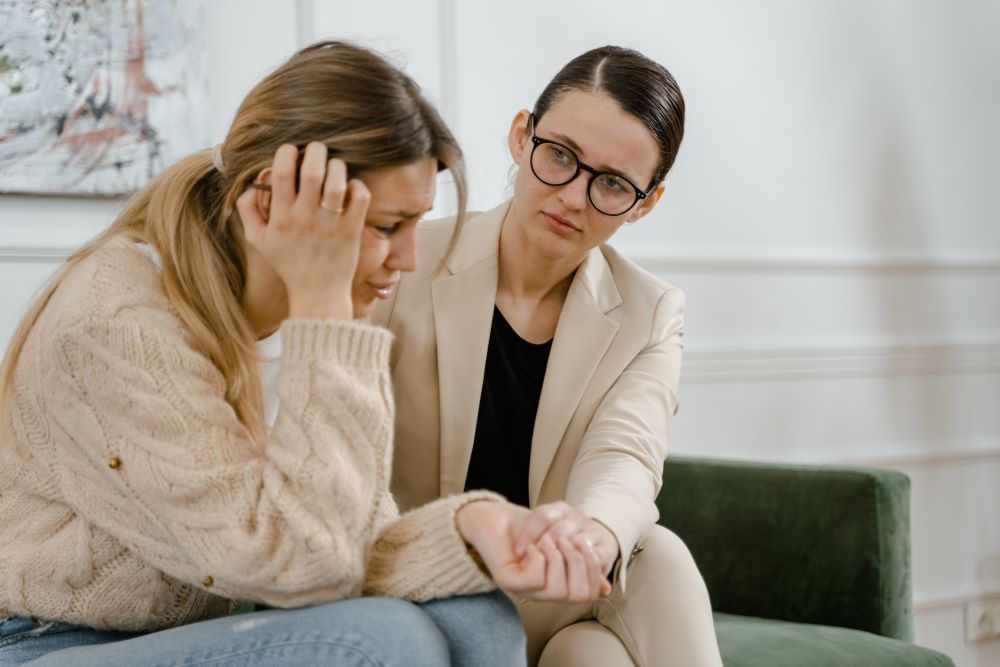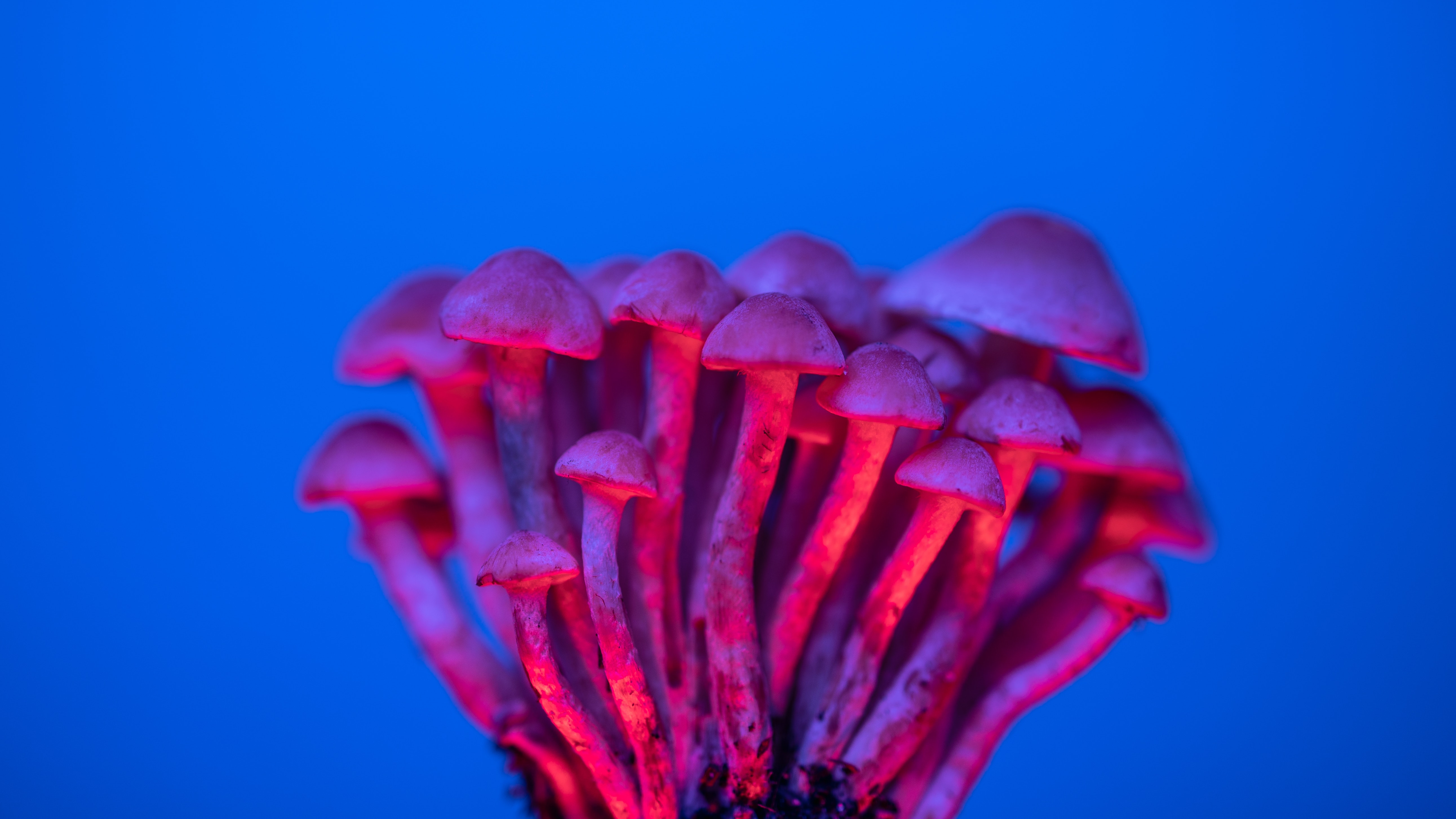Archaic laws are keeping psilocybin from being adapted for therapeutic use.
Modern psychiatry is on the verge of a massive breakthrough in mental health treatment. One substance has been proven to have the ability to physically change neuropathways, in essence providing a brain reset to individuals suffering from treatment-resistant mood disorders. Contrary to popular belief, it is nonaddictive and has more therapeutic power than any man-made pill currently on the market. Its benefits far outweigh the psychiatric drugs that are currently available, with virtually no side effects when taken in a controlled setting. Where can this magic cure be found?
Its beginnings cannot be traced back to a laboratory, unlike its inferior pharmaceutical counterparts, but instead one must look back thousands of years to indigenous societies to uncover the complete history of this medicine.
First used as a tool in ancient religious rituals, psilocybin, or ‘magic mushrooms,’ holds the key to unlocking a major positive transformation in mental health recovery.
Medical research results have been overwhelmingly promising. According to a 2020 Johns Hopkins Medicine study, the depressive symptoms of the study participants reduced significantly and rapidly after just two doses of psilocybin alongside talk therapy. In the four-week follow-up, more than half of the study participants were considered in remission, meaning they were no longer depressed. These incredible benefits remained for up to a year, as a separate follow-up study concluded.

In addition to healing depression, nonaddictive psilocybin has been proven to aid in the treatment of alcoholism and other addiction disorders, as well as eating disorders, PTSD, and anxiety.
According to Jo Neill, professor of psychopharmacology at the University of Manchester, archaic laws against psychedelic substances continue to pose an issue for researchers. Psilocybin is still listed as Schedule 1 drug in countries like the United Kingdom and the United States, with the likes of heroin, PCP, and crack cocaine.
The U.S. Department of Justice Drug Enforcement Administration (DEA) specifies Schedule 1 drugs as “high abuse risk,” which directly contradicts the results of Neill’s research, as she notes that psychedelics “are nonaddictive and can, in fact, be used in the treatment of addiction disorders.”
Neill, along with a large pool of other researchers, advocates for reconsideration of these laws in the name of mental healthcare, saying, “Our laws make it very difficult to research psychedelics and that really must be changed. We know this medicine is safe and it works.”
Schedule I controlled substances “have no currently accepted medical use and a lack of accepted safety for use under medical supervision,” according to the DEA. Conversely, considering the latest research, the United States Food and Drug Administration (FDA) has promoted psychedelic substances for clearance in medical treatment.
When used carefully alongside talk therapy, controlled doses of psilocybin have the potential to heal the mind in a way that antidepressants and other forms of traditional mental healthcare can’t.
There are limitations to the research available, as researchers are not yet aware of how psilocybin may be contraindicated with other psychiatric medicines.
The accessibility of psilocybin-assisted therapy also remains an issue. The United States has already begun decriminalizing the use of psychedelic substances, in places like Colorado, Oregon, and California. Canada also has implemented systems to increase the accessibility of medical psychedelic treatment, while Australia recently legalized the use of psilocybin and MDMA for treatment-resistant mental illnesses.
Sources:
Psilocybin offers a “paradigm shift in mental health treatment”
The ‘gnarly and painful’ therapeutic potential of ‘magic mushrooms
Psychedelic Treatment with Psilocybin Relieves Major Depression, Study Shows


Join the conversation!